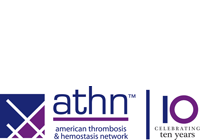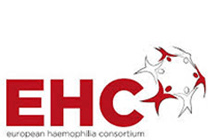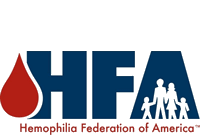Our Commitment to Hemophilia
One of our areas of research at Spark Therapeutics is hemophilia, an inherited bleeding disorder caused by mutations in the genes that encode clotting factors. These clotting factors are normally synthesized in the liver. Led by researchers and clinicians with long-standing commitment to the hemophilia community, we recognize the essential need to understand and gain important perspectives from patients, caregivers and leaders in the community. Learn more about our commitment to hemophilia and our hemophilia team below.
What is hemophilia?
Hemophilia is a rare genetic bleeding disorder that causes a delay in clot formation as a result of a deficiency in one of several blood-clotting factors. Hemophilia A is due to a deficiency in factor VIII and is about four times as common as hemophilia B, which is due to a deficiency of factor IX.


Hemophilia is typically inherited, meaning that it’s passed through the parents’ genes or DNA, although approximately one-third of cases are due to spontaneous mutation, or change in a gene. The genes for hemophilia A and B are carried on the X chromosome. Therefore, hemophilia A is called an X-linked (or sex-linked) disorder. Men are affected by hemophilia and women are considered “carriers.” Though rare, women can have hemophilia, too.
The current standard of care for hemophilia is to control or prevent bleeding episodes through clotting factor replacement therapy, which is taken for life. Replacement factor is either recombinant (genetically engineered) or plasma-derived (from healthy blood donors) and must be delivered by frequent Intravenous (IV) infusions.
Downloadable infographics
Investigational gene therapy research studies for hemophilia
We believe gene therapy has the potential to be transformative in the treatment of hemophilia, and we understand the importance of developing gene therapies that meet the needs of the hemophilia community. Our priority is the safety and well-being of trial participants. Our enrolling investigational hemophilia programs are currently aimed at studying gene therapy in people with hemophilia A.
Your hemophilia patient advocacy team

Contact us at patients@sparktx.com
Resources for hemophilia
We work with advocacy groups from around the world to help connect patients and families to education, research, support services, and to each other. Below, please find a partial listing of several groups from the hemophilia advocacy community.

Spark Therapeutics sponsors Hemophilia Forward, a place for patients and caregivers in the hemophilia community to read stories from community members, access resources, and learn about the science of gene therapy research, which is being investigated for hemophilia.






